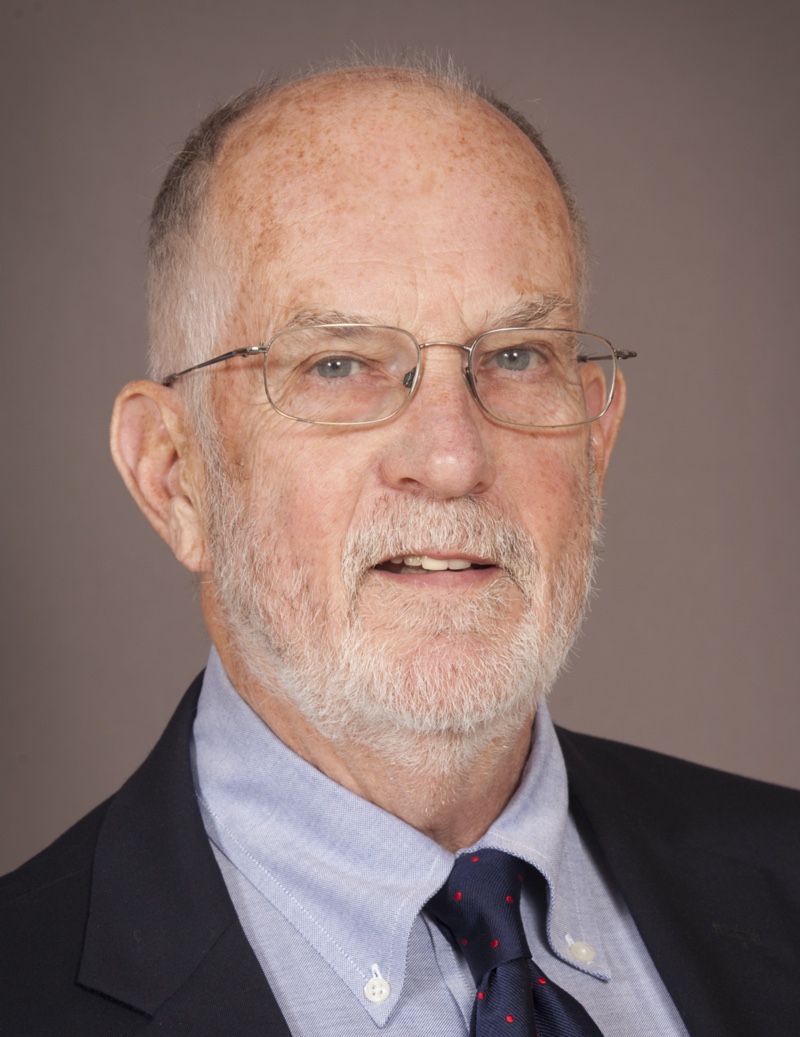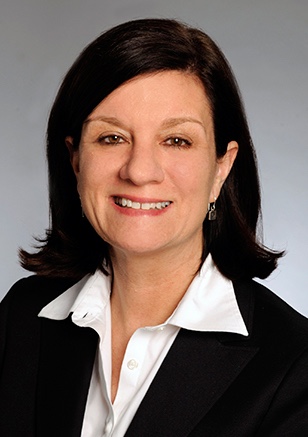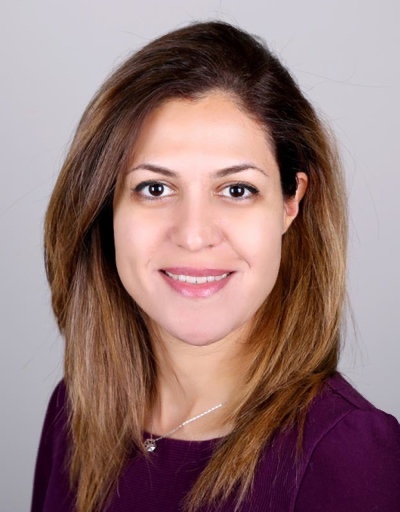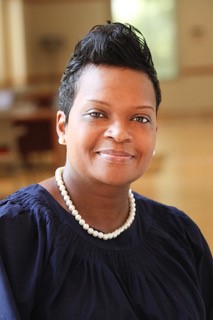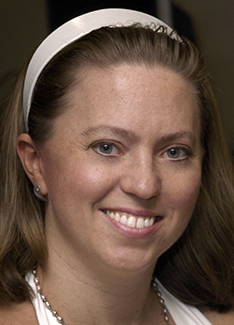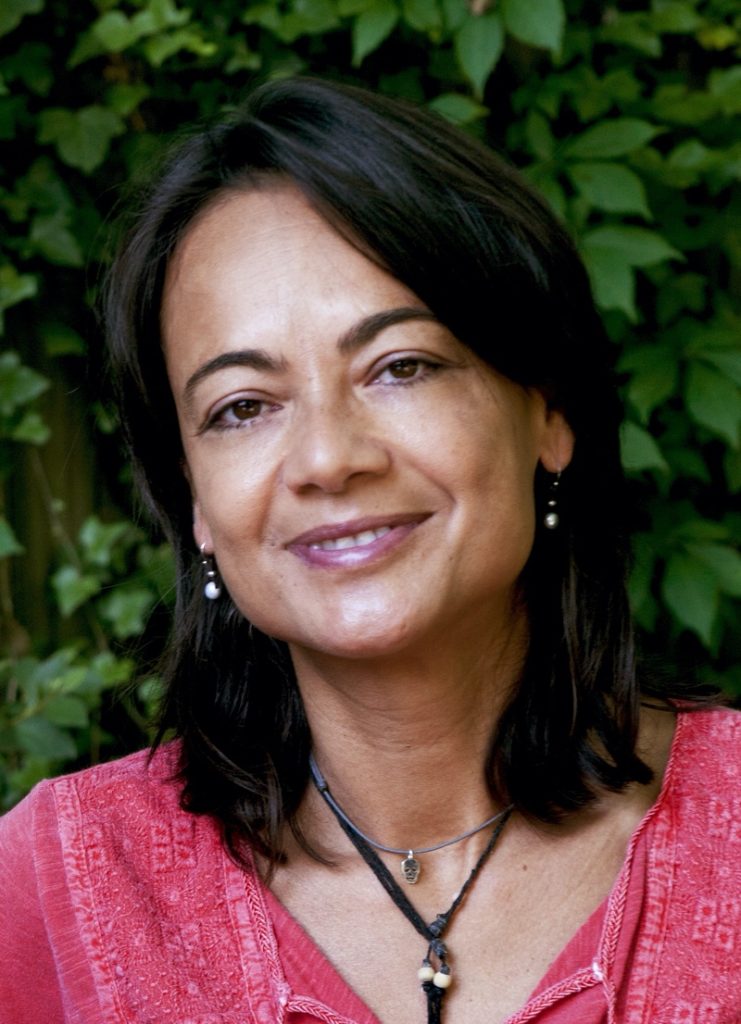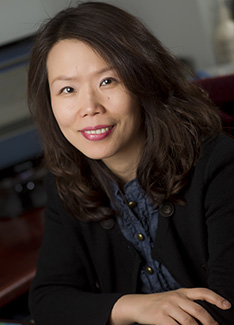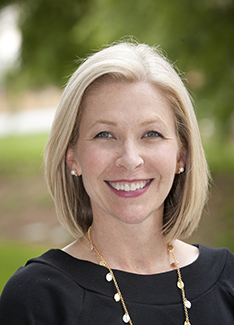About
The Emory Roybal Center for Caregiving Mastery is one of four of the 13 Roybal Centers focused on development of interventions to improve and support dementia care. View a complete list of all active Roybal Centers.
Our goal is to support both senior and junior investigators across the U.S. to conduct NIH Stage I-III intervention research that will strengthen the context-specific role-mastery of informal caregivers of persons living with Alzheimer’s disease or related disorders. By 2050, as many as 20 million Americans will be living with these illnesses, and the number of informal caregivers will expand to 40-50 million. Informal caregiving is the key to the quality of life and continued community living of persons living with Alzheimer’s disease and similar illnesses.
- The key to successful informal caregiving – and to the preservation of caregiver well-being and the positive quality of life of the care recipient – is caregiving mastery: the caregiver’s felt sense of competence and confidence as a caregiver. Successful interventions have to promote this sense of mastery.
- Caregiving is context-specific, not one homogenous entity. As the U.S. continues to experience major reconfigurations in its social and demographic composition (we will, for instance, be a “minority majority” country by 2043), we expect caregiving to occur in an ever-increasing set of heterogeneous contexts. These contexts are framed by various illness conditions, family, cultural, or social caregiving situations, geographical location, and care recipients’ transitions through care settings, especially the acute setting.
Center Co-Directors
- Allan Levey (Co-Chair)
- Camille Vaughn (Co-Chair)
- Fayron Recha Epps
- Gina Critchet
- Ted Johnson
- Candace Kemp
- Bryan Owens
- Ryan Youngblood
Theresa (Terri) Harvath, PhD, RN, FAAN, FGSA
Professor & Senior Director for Strategic Initiatives
Director, Family Caregiving Institute
Richard H. Fortinsky, PhD
Professor and Health Net, Inc. Endowed Chair in Geriatrics and Gerontology
UConn Center on Aging | UConn Health
Katie Maslow, MSW
Director, Initiative on Alzheimer’s and Managed Care
Gerontological Society of America (Scholar)
- Malcolma Brown
- Jill Disney
- Sharon Hall
- Babette Overman
- Ret Siefferman
- Aline Stone
- Chris Tann
- Hillary Thomas
- Nancy Anne Williams

